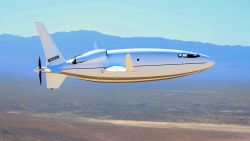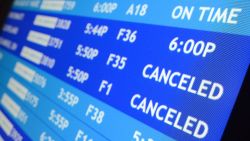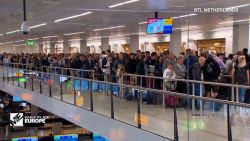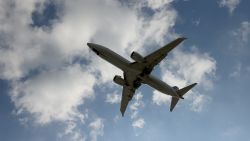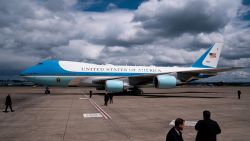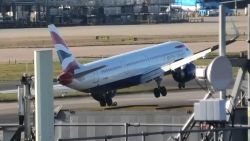Boeing was already hamstrung in China by the 737 Max crisis. Now, the coronavirus outbreak has sidelined its biggest rival.
The Airbus plant in Tianjin remains closed after Chinese authorities extended the Lunar New Year holiday in an effort to prevent the virus from spreading.
The closure has knocked out a significant portion of the European company’s manufacturing capacity. Tianjin is the final assembly point for about 10% of the Airbus A320, the family of planes that accounts for the bulk of its orders.
The shutdown threatens to further strain Airbus as it races to deliver planes to customers. At the end of last year, Airbus said it had a backlog of more than 6,000 orders for A320 planes.
Airbus (EADSF) said in a statement that it is “observing Chinese government requirements for staff to work from home.” Domestic and international travel restrictions “are posing some logistical challenges,” it added.
Close to 60 million people remain under lockdown in China, with three cities reporting over 1,000 confirmed coronavirus cases. Many businesses in heavily affected areas remain closed.
Airbus declined to comment Wednesday on when it plans to reopen its factory in Tianjin, which is located many hundreds of miles from the outbreak epicenter in Wuhan.
The company assembles A320s and puts finishing touches such as cabin installation on A330s at the factory, its first assembly plant outside its home continent.
For Boeing (BA), the disruption caused by the virus may be less pronounced.
The US planemaker installs the interiors of 737 Max jets at a factory near Shanghai. But no aircraft have been completed there since the plane was grounded last March following two deadly crashes, according to a spokesperson. In January, Boeing halted production of the 737 Max altogether.
Boeing also has a maintenance facility in Shanghai, and a factory in Tianjin that produces airplane parts. But the spokesperson said it’s premature to speculate on any potential impact to these facilities.
Boeing’s priority is to get the 737 Max back in the air so that it can resume deliveries in China and other aviation markets. Last month, Boeing reported its first annual loss since 1997, as the cost of the 737 Max crisis wiped out earnings.


